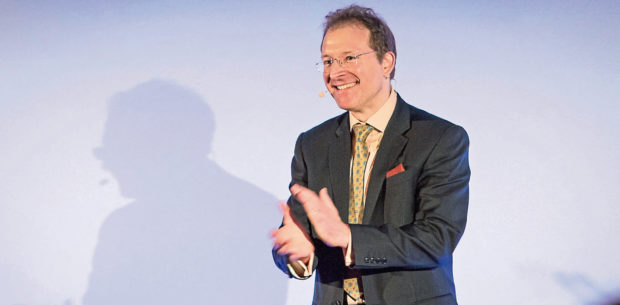A senior video games figure has outlined the case to increase employment in an industry which saw games development contribute £1.8 billion in GDP in 2018.
Dr Richard Wilson, chief executive of digital games and publishing sector umbrella organisation TIGA, has argued for a three pronged approach to boosting employment in the sector by 30% in the next four years.
Mr Wilson said: “In 2018, games accounted for over half of the entire UK entertainment market, remaining well ahead of both video and music.
“The workforce is a hub for innovative new talent, with over 80% of UK game workers possessing at least one degree, while the prevalence of mobiles, tablets and improved gaming consoles are encouraging more and more investment in this sector.”
The bid calls for a favourable tax regime to promote growth and investment, improve access to finance for digital start-ups and reducing the skills shortages within the industry.
Mr Wilson said: “Financial aid through funding and tax relief has already proven successful in the past.
“A total of 480 video games productions have claimed Video Games Tax Relief, accounting for over £1bn of UK expenditure, according to HMRC.
“In order to ensure that the UK video games industry can compete on a level international playing field, we need to retain and potentially enhance VGTR – this relief encourages employment, investment and innovation.”
Mr Wilson added that a lack of accessible finance for SMEs restricts growth in the sector and called for the introduction of a video games investment fund which would match fund original game project and provide a commercial mentoring service to firms who access the funds.
The third part of the proposal seeks to address the industry skills shortage.
With estimates suggesting that employees from overseas make up to one quarter of the games workforce, Mr Wilson argues the process of gaining and retaining foreign talent must be streamlined, while the UK must increase the supply of graduates who are capable of working in a high-technology, creative sector.
He said: “Research suggests that the UK video games sector is the largest in Europe.
“We must capitalise on this momentum and invest in an industry that is rapidly becoming one of the most successful and prominent industries in the UK to reinforce our leading position on the global stage.”
